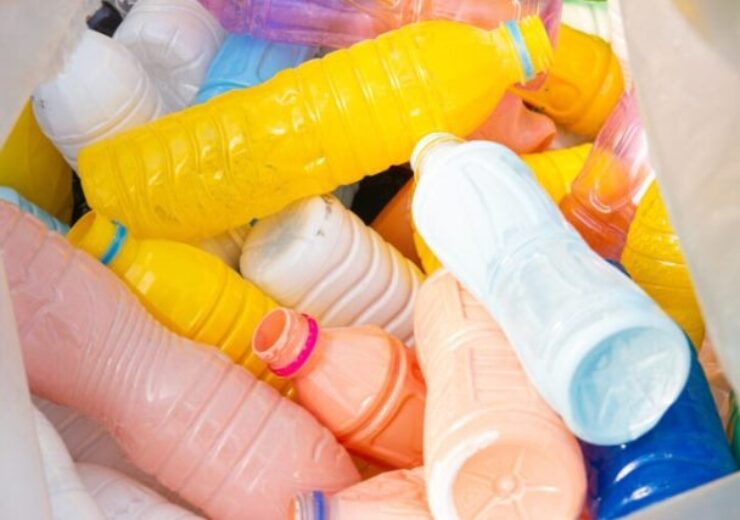The new initiative brings major businesses together to make time-bound and target-based commitments to drive the circular plastics economy by transforming the current linear plastics system

The India Plastics Pact is supported by UK Research and Innovation (UKRI) and the Waste and Resources Action Programme (WRAP). (Credit: piyaphun / Getty Images)
India has announced the launch of a plastics pact, a new initiative aimed to bring businesses around the country to develop a circular system for plastics.
The India Plastics Pact (IPP) brings together businesses, governments, researchers, NGOs and other stakeholders across the whole value chain to make time-bound and target-based commitments to drive the circular plastics economy by transforming the current linear plastics system.
With the latest move, India becomes the first Asian country to introduce a Plastics Pact.
The new pact, supported by UK Research and Innovation (UKRI) and the Waste and Resources Action Programme (WRAP), has launched as a collaboration between WWF India and the Confederation of Indian Industry (CII) and was promoted by the British High Commission in India.
Last year, UKRI announced £250,000 funding to support WRAP to create the India Plastics Pact, initiate start-up, involve the Indian government, as well as develop the required targets and priority workstreams for India.
As part of the launch, 27 businesses and supporting organisations, including major fast-moving consumer goods (FMCG) brands, manufacturers, retailers and recyclers, have joined the pact as founding members.
Some of the companies that joined the pact include Amazon.com, Coca Cola India, Mondelez India Foods, Dalmia Polypro Industries, Godrej consumer products, Hindustan Unilever, ITC, and Tata Consumer Products.
According to UKRI, India generates 9.46 megatonnes of plastic waste per annum, of which 40% is not collected and around half of all plastics produced in the country are used in packaging.
The pact aims to achieve certain targets by 2030, including the preparation of a list of unnecessary or problematic plastic packaging and items and implement measures to address them through redesign and innovation.
It also intends to make 100% plastic packaging reusable or recyclable, recycle up to 50% of plastic packaging and use 25% average recycled content across all plastic packaging.
The pact will also focus on reuse, collection, recycling and the recycled content in plastic packaging.
UKRI India director Rebecca Fairbairns said: “Plastics pollution is a global issue and the opportunity to reorient plastics as a resource in the value chain is a global opportunity.
“Collaboration is key to unlocking this and the India Plastics Pact is testimony to India-UK research and innovation partnership to address key global issues.”
Last month, the Indian government announced plans to ban single-use plastic from July next year to reduce the impact on both terrestrial and aquatic ecosystems.
